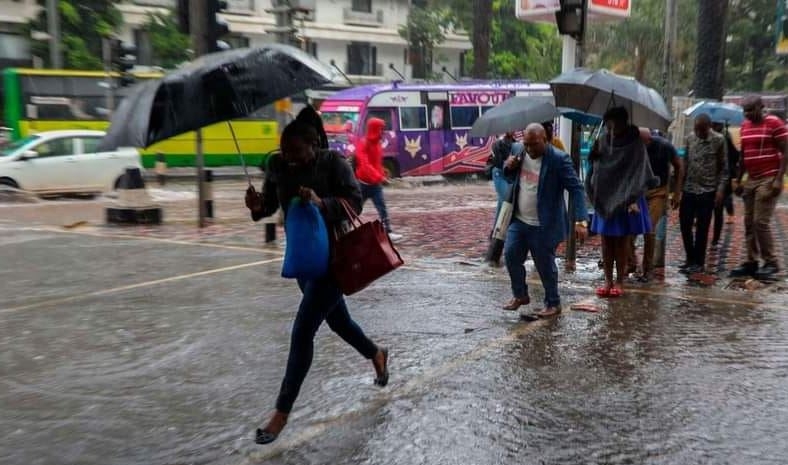As the world observes suicide prevention month in September, a counselling psychologist has opined that concerted efforts among all stakeholders including the public are required to change the suicide narrative.
Fransica Wambui said with more than 700,000 suicide deaths worldwide each year, suicide is a significant public health concern as its effects and impacts are usually felt by friends, family and communities.
According to the World Health Organisation 2024, every suicide has significant social, psychological and financial ramifications that have an impact on people throughout the world as well as communities.
“Through awareness, communities need to be trained to be non-judgmental and recognise the signs of suicide and eliminate stigma as a person experiencing stigma may feel ashamed misinterpreted and marginalised thus becoming reluctant to seek help,” Wambui said.
Wambui said suicide is not a selfish choice but a mental illness that contributes to poor choices and breaking the stigma even towards the bereaved families should be prioritised to break the cycle.
“Stigma around suicide is present due to lack of knowledge about its complexity and we often interpret it as a selfish move but we need to know stigma negatively impacts on the victims’ self-esteem worsening their mental health and wellbeing,”she said.
The psychologist said a past filled with attempted suicides, depression, other mental illnesses, drug abuse disorders, persistent discomfort and being exposed to abuse whether physical or sexual are some of the risk factors that have been recorded to lead to suicide.
She said people ought to look out for warning signs as someone may be at immediate risk for attempting suicide.
“Speaking of wishing to end one’s life, feeling hollow, hopeless, lacking a purpose in life or being in excruciating bodily or emotional anguish are some of the warning signs," she added.
Wambui said if one speaks or contemplates death frequently and has extreme mood fluctuations such as abruptly going from being extremely depressed to calm or joyful, the people surrounding such a person need to be alarmed.
“Others include developing a strategy or researching for means of suicide such as gathering poisons, purchasing a firearm or looking up deadly techniques online,” she added.
"One should seek assistance as soon as warning signs are observed such as a change in conduct or new troubling behaviour, if one is the first to spot suicide warning signals, family and friends can also be the first to assist a loved one get mental health treatment."
September has been set aside as the suicide prevention month worldwide where efforts to raise awareness on the said crisis are made.












